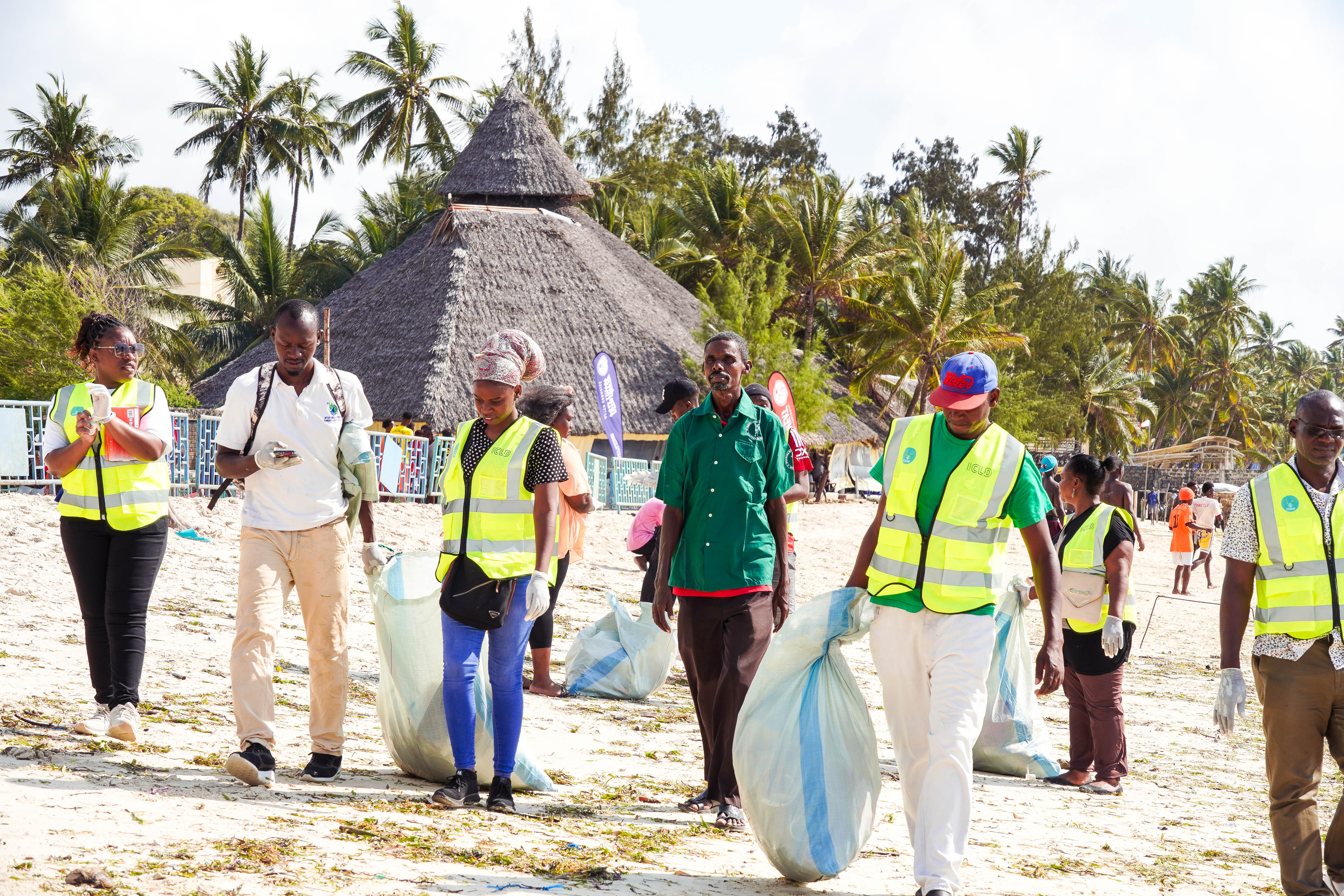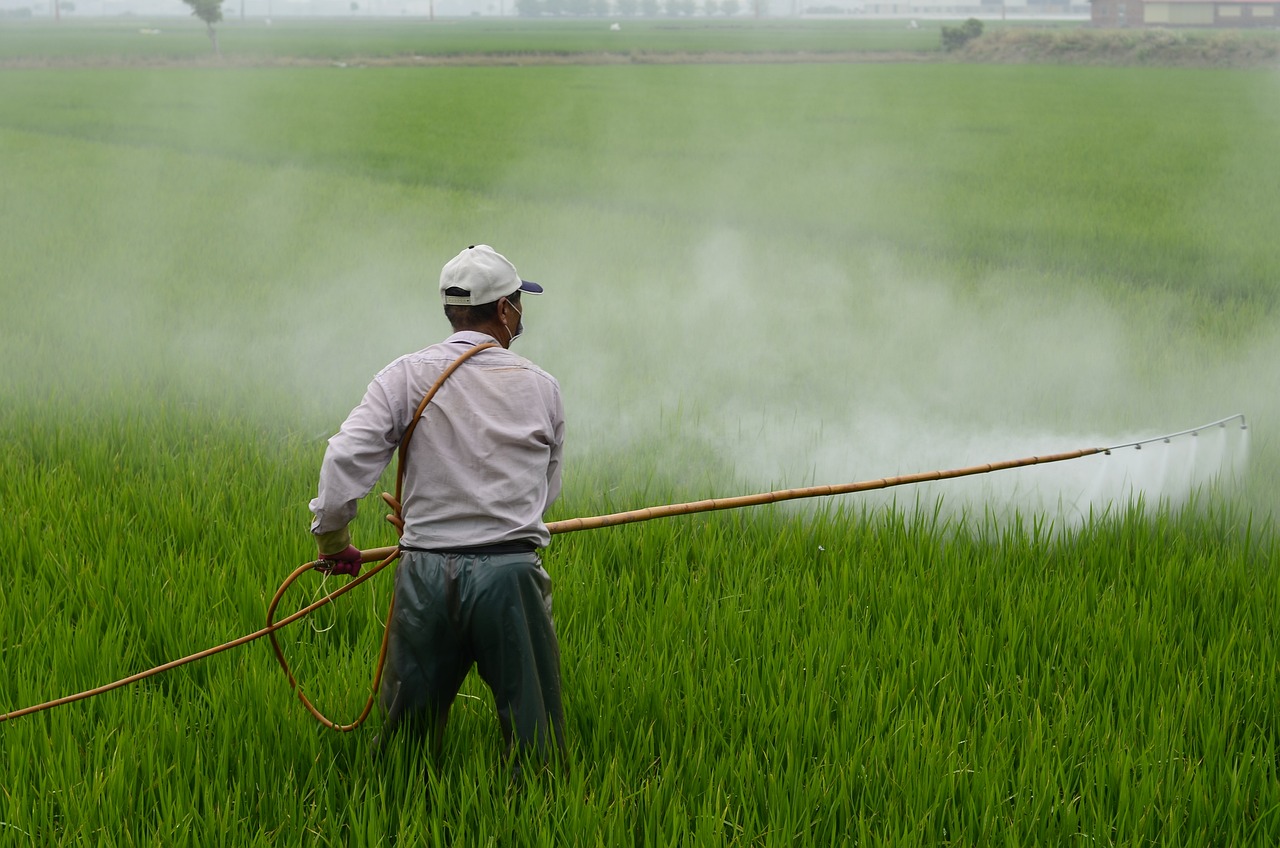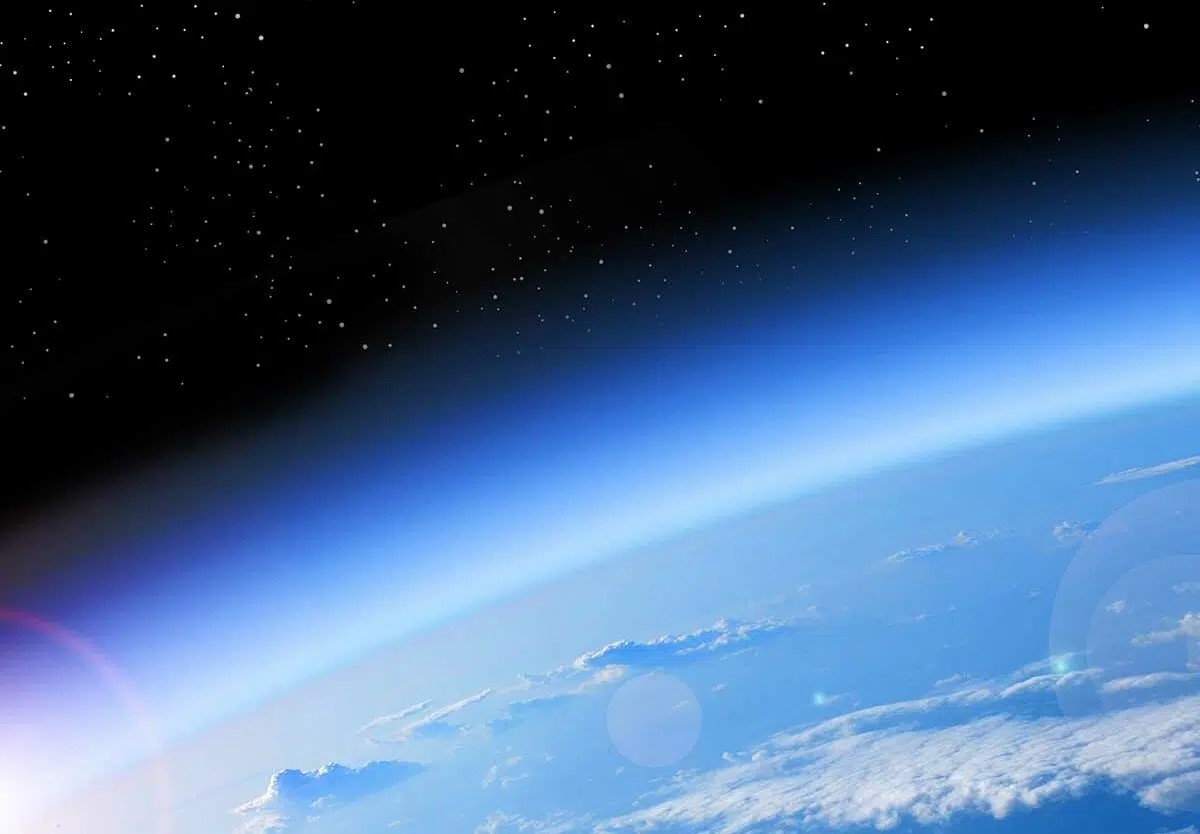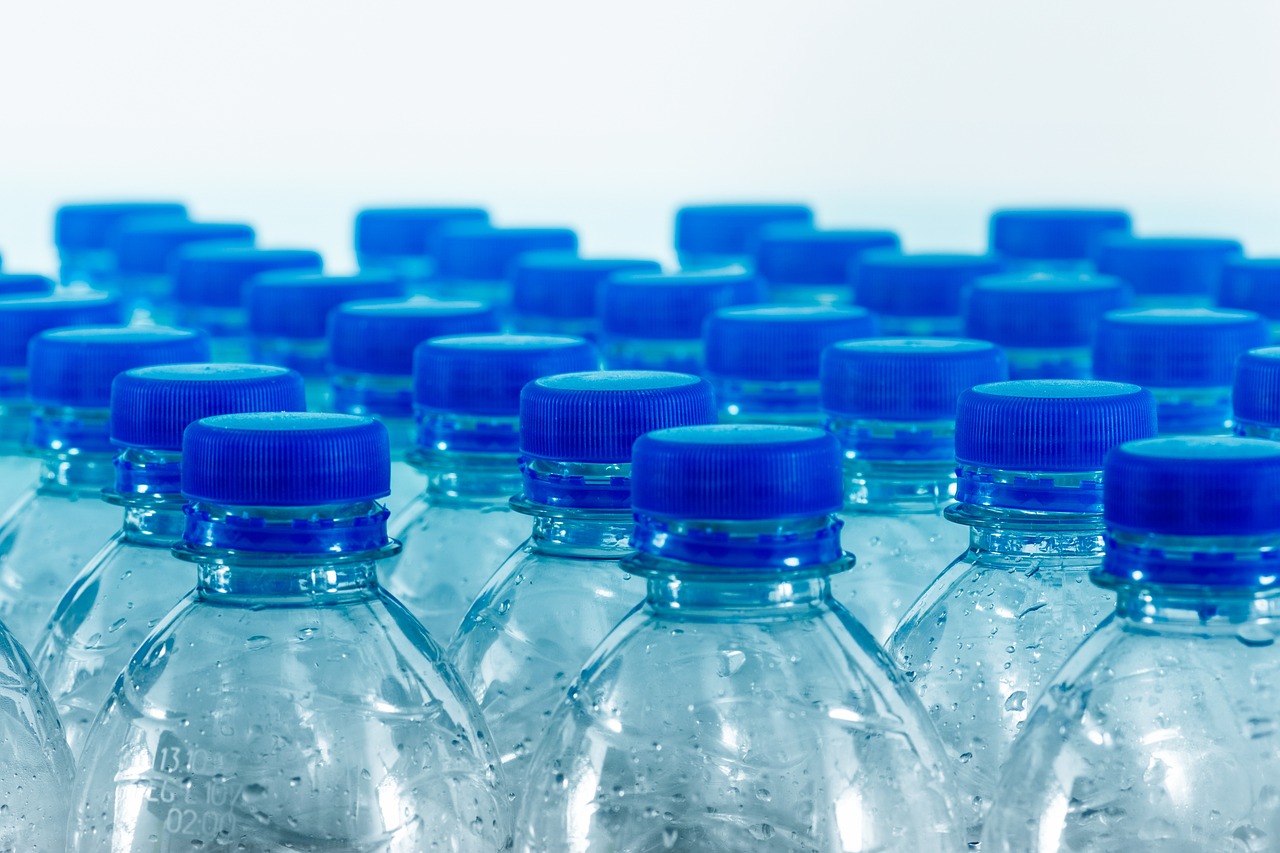September 21, 2024, marked as World Coastal Cleanup Day— is a global effort aimed at removing trash from aquatic environments to reduce environmental pollution. To commemorate this day, CEJAD joined hands with numerous organizations as part of the International Coastal Cleanup Committee, Kenya Chapter, to coordinate and collaborate on this initiative.
CEJAD's involvement in the cleanup effort went beyond just removing waste. We partnered with waste worker groups and civil society organizations in Mombasa to conduct a plastic brand audit in Mombasa County, Kenya. The primary objective of the brand audit was to identify the companies and brands most responsible for environmental and marine plastic pollution. The data collected from the audit is being used to advocate for better plastic waste management, including pushing for the inclusion of waste pickers in Extended Producer Responsibility (EPR) programs and promoting the use of environmentally friendly packaging alternatives.
In preparation for the brand audit activity, CEJAD digitized a data entry form that was adapted from the Break Free From Plastics tool kit. Volunteers drawn from the partnering waste pickers groups and CSOs then underwent a two-day training session on the brand audit processes, from waste collection, segregation of plastics based on their identified brands as well as data entry into the digitized form. On International Coastal Cleanup Day, participants and volunteers began with a beach cleanup, followed by the brand audit exercise in the 19 collection sites in Mombasa. The analysis of the data showed that the
audit involved 591 volunteers and resulted in the collection of 18,841 plastic items. Read more







